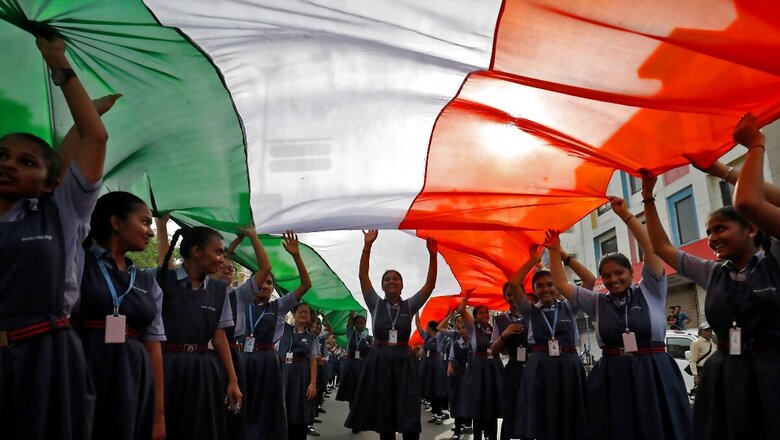
views
In recent years, India’s political landscape has been dominated by discussions centred around one man, Prime Minister Narendra Modi. No doubt, as I have said frequently in the past, he is the greatest changemaker India has seen since Mahatma Gandhi. However, it is essential to recognise that the Indian public sphere is far more complex and diverse than a simple binary division of supporters and opponents of any individual leader, however great he may be.
While major political figures undoubtedly play a significant role in a country’s development, India as a nation has far more pressing and substantial challenges to address if it is to achieve its potential as a great power than be divided into those who adore Modi and those who cannot abide him. Let us explore some of the broader issues that demand attention, transcending the divisive narrative focused solely on Narendra Modi:
1. Economic Development
To become a great nation, India must prioritise sustainable and inclusive economic development. Despite remarkable progress, the country faces significant challenges such as poverty, unemployment, and income inequality. It requires robust policies aimed at job creation, skill development, infrastructure development, and attracting investments to foster economic growth and continue to uplift millions out of poverty. Right now, what plagues the economy is jobless growth. How to create more opportunities for work — that is the challenge before us. The service sector, the only one growing rapidly, cannot do the trick by itself.
2. Social Equality without Negative Caste Politics
India’s greatness lies in its ability to ensure social equality and inclusivity for all its citizens. Addressing discrimination based on caste, gender, religion, and ethnicity is crucial. Promoting education, healthcare, and equal opportunities are essential components of building a just society where every individual can thrive and contribute to the nation’s progress. At the same time, the continuing politics over quotas and reservations, much to the detriment of India’s development, must end. Only political will can modify a system that has become pernicious through repeated abuse.
3. Environmental Sustainability
Preserving the environment is an urgent global concern, and India must play a leading role in sustainable development. Mitigating climate change, protecting ecosystems, promoting renewable energy, and adopting environmentally friendly practices are essential for India’s long-term well-being. Balancing economic growth with environmental stewardship is a vital aspect of nation-building. Many of our poorest will be the worst affected by climate change. What are we doing to adapt and mitigate the predicted catastrophe coming our way? Do we have contingency measures, including relocation and rehabilitation plans, in place if our most vulnerable populations have to be shifted from environmental danger zones?
4. Quality Education
It is an oft-repeated slogan of this government that India will become the visvaguru or world teacher. But are we really progressing towards this ideal? Investing in education is key to nurturing a skilled workforce, fostering innovation, and enhancing India’s intellectual capital. Improving the quality and accessibility of education, especially in rural areas, will empower future generations and equip them to tackle the challenges of the modern world. But it is a fact that our vast network of public universities, barring the IITs and IIMs, are actually facing a huge quality and governance crisis. Thousands of teaching positions across the board are lying vacant. Barring a few, the private universities in business are occupied in money-making rather than delivering affordable education to our youth. Each year over a million of our brightest youth leave India to study abroad. When it comes to state funded primary and secondary education, the situation is much worse.
5. Strengthening Governance and Institutions
Building strong, transparent, and accountable institutions is crucial for a great nation. India needs to focus on reforms in areas such as the judiciary, bureaucracy, law enforcement, and anti-corruption. Ensuring that governance serves the best interests of the people and upholds the rule of law is essential for fostering trust and stability. Indeed, better, and more accountable leadership is the key to institutional reform in India. But are we paying attention to this crucial factor? Or is our choice of leaders still based on party lines or, worse, on caste and community considerations? Does nepotism still rule the roost in India?
6. Social Harmony and Communal Relations
India’s diversity is one of its greatest strengths, and fostering social harmony among different religious and cultural communities is paramount. Encouraging dialogue, understanding, and promoting mutual respect can help build a cohesive society where all individuals feel valued and secure. But we have seen an increasingly shrill and polarised polity and electorate. Shouldn’t the ruling party reach out to all sections of society without appeasing any minority? Hindus, Muslims, Sikhs, Christians, Buddhists, and people professing all other faith traditions must feel an equal pride and ownership of our nation. The Hindu-bashing and Muslim mollification of earlier governments cannot be replaced by a hatred and demonisation of minorities as is continuously streamed into the mainstream and social media spheres by a barrage of polemics and propaganda.
Beyond the Modi Personality Cult
I remember growing up during the dark days of the Emergency when it was commonplace to hear fulsome praise of Indira Gandhi. Dev Kant Barooah, the Congress leader from Assam, even declared, “Indira is India, India is Indira.” We should not repeat such an error. The personality cult surrounding any leader, however exceptional, only spells disaster for the nation. For every leader, however great, is fallible. Because he too is a human being. To have zero tolerance for constructive criticism or to cancel anyone who dares to criticise the regime in power, similarly, can only sound the death knell of democracy.
While individual political figures like Narendra Modi may capture inordinate attention, India’s journey towards greatness lies beyond the divisions centred around any one leader. It requires a collective effort to address critical issues such as economic development, social equality, environmental sustainability, quality education, good governance, and social harmony. By focusing on these pressing challenges, India can transcend the narrow confines of divisive narratives and strive towards becoming a truly great nation. It is by working together, beyond political affiliations, that India can shape a brighter future for its people and contribute to the global community.
The writer is an author, columnist, and professor at Jawaharlal Nehru University. Views expressed are personal.










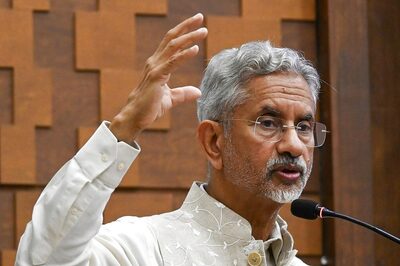

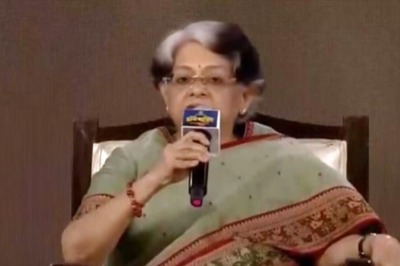

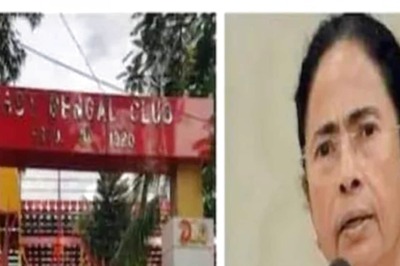
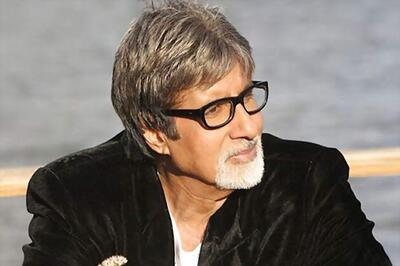


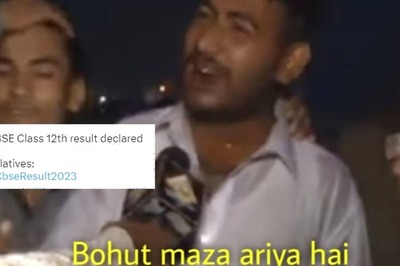

Comments
0 comment